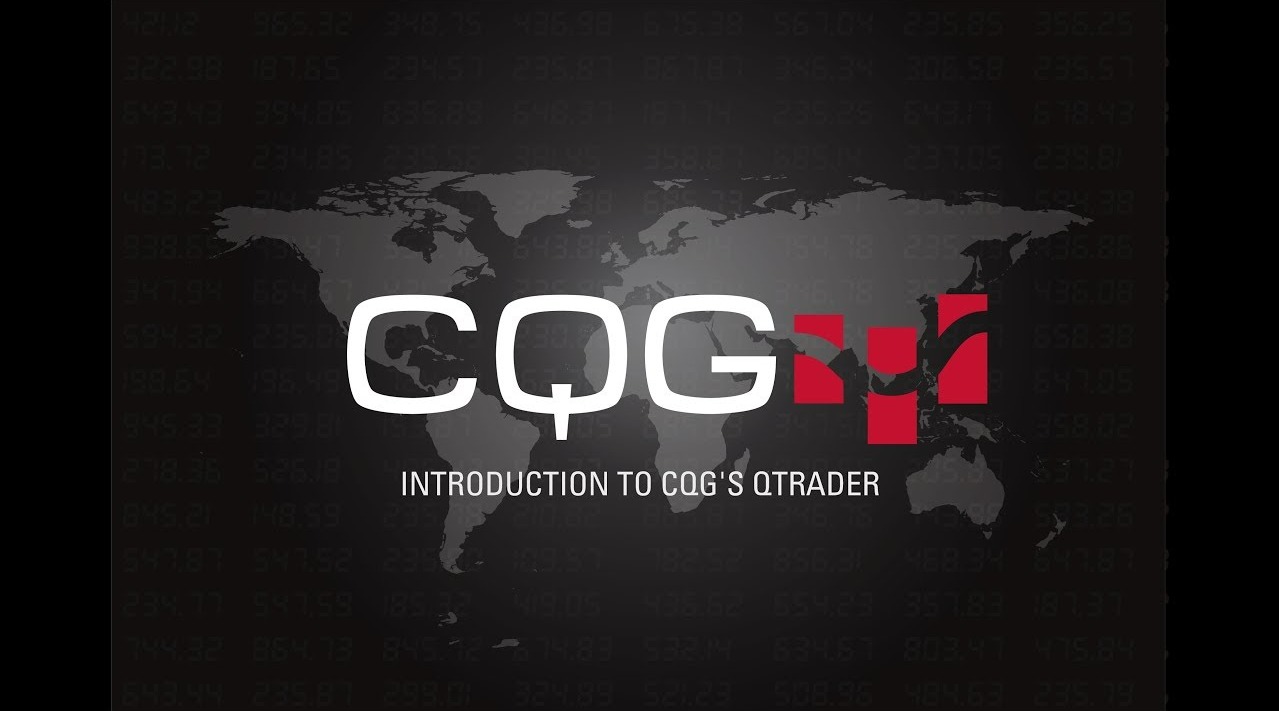The Thailand government is making the regulations around crypto exchanges more strict as it mandated the verification of customer identities using a ‘dip-chip’ machine, which requires the physical presence of the clients. These machines are used for ID verifications across gold shops in the country.
Bangkok Post reported on Monday that the new rules around the anti-Money Laundering practices of the crypto exchanges will come into effect in July. The rules might slow down the onboarding process on Thai crypto exchanges from the second half of this year.
“Most digital asset exchanges are still busy preparing their systems to accommodate the growing number of clients as new account applications continue to flow in,” said Poramin Insom, Co-Founder and Director of Satang Corp.
“However, this growth may be curbed if the application process becomes more complicated.”
Tough to Manually Check So Many Client IDs
Thai crypto exchanges are witnessing exploding demand for Cryptocurrencies , which is in line with the global trend, as the prices of digital currencies are skyrocketing. The country has 697,780 cryptocurrency accounts, as recorded on April 26. Around 160,000 accounts were added in 2021 alone.
The crypto exchanges rely heavily on automation for the entire onboarding process and such new AML rules will become a massive hurdle. The digital asset intermediaries in the country are now planning to discuss the issue at a forum and prepare questions for discussions with the government agencies.
The country already has many AML regulations around cryptocurrency purchases. The exchanges need to report any transaction worth over 1.8 million baht under the existing money laundering law and have to maintain databases for inspections.
Recently, the financial markets regulator of the country proposed some harsh laws based on the income group, which potentially blocked a majority of the Thai population from investing in cryptocurrencies. However, massive backlash forced the regulator to take back the draft.
Meanwhile, the country is fighting with the circulation of stablecoins, which, according to the Thai central bank, violates the country’s currency act.


















